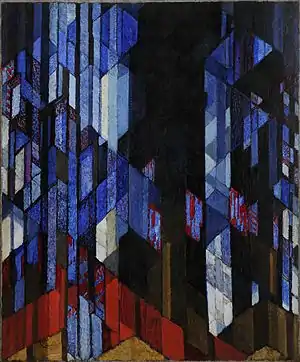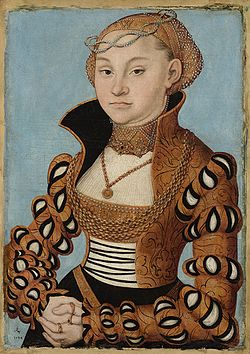Gigapixel image
A gigapixel image is a digital image bitmap composed of one billion (109) pixels (picture elements), 1000 times the information captured by a 1 megapixel digital camera. A square image of 31,623 pixels in width and height is one gigapixel. Current technology for creating such very high-resolution images usually involves either making digital image mosaics of many high-resolution digital photographs or using a film negative as large as 12" × 9" (30 cm × 23 cm) up to 18" × 9" (46 cm × 23 cm), which is then scanned with a high-end large-format film scanner with at least 3000 dpi resolution. Only a few cameras are capable of creating a gigapixel image in a single sweep of a scene, such as the Pan-STARRS PS1 and the Gigapxl Camera.[1][2]


A gigamacro image is a gigapixel image which is a close-up or macro image.
Terapixel
A terapixel image is an image composed of one trillion (1012) pixels. Though currently rare, there have been a few instances such as the Microsoft Research Terapixel project for use on the Fulldome projection system,[3] a composite of medical images by Aperio,[4][5] and Google Earth's Landsat images viewable as a time-lapse are collectively considered over one terapixel.[6]
In 2015 the 'Terabite', the world's first terapixel macro image, was released by GIGAmacro.[7]
See also
- Largest photographs in the world
- Powerwall - Computer technology for interactive gigapixel displays
- HD View - Microsoft's high resolution image viewer plug-in (Windows only - IE & Firefox)
- Gigapan - A Google/NASA/CMU spinout technology that includes a commercially available robotic imager, free stitcher, and web-based viewer
- Gigapxl Project
- Google Cultural Institute
References
- "No. 24 - 2007: PS1 Camera Installed". Ifa.hawaii.edu. Retrieved 2013-02-25.
- "Archived copy". Archived from the original on 2006-04-14. Retrieved 2010-11-12.CS1 maint: archived copy as title (link)
- "Terapixel". Research.microsoft.com. Retrieved 2016-09-28.
- "Archived copy". Archived from the original on 2014-02-28. Retrieved 2014-01-07.CS1 maint: archived copy as title (link)
- "Aperio Implements BigTIFF, Donates Enhancements to Public Domain". Business Wire. 2007-05-03. Retrieved 2016-09-28.
- Sean Gallagher (2013-06-10). "How Google built a 52-terapixel time-lapse portrait of Earth". Ars Technica. Retrieved 2016-09-28.
- "World's First Terapixel Macro Image". GIGAmacro. Retrieved 2018-02-20.
External links
- EasyZoom - Website for quickly sharing gigapixel images without downloading
- Gigapixel.panoramas.com - Gigapixel Fan Engagement with tags at sporting events
- GigaLinc - Immersive interaction with gigapixel images
- GigaPixel360
- Gigapixel News
- Toledo 15 Gigapixels
- Technique for creating and viewing gigapixel macro images
- Gigapixel camera developed at Duke University
- Gigapixels from France
- Image Stitching module for QuickPHOTO - software module for live stitching of microscope images in resolution up to several gigapixels
- GigaPixel.Cam - GigaPixel High Definition Photos